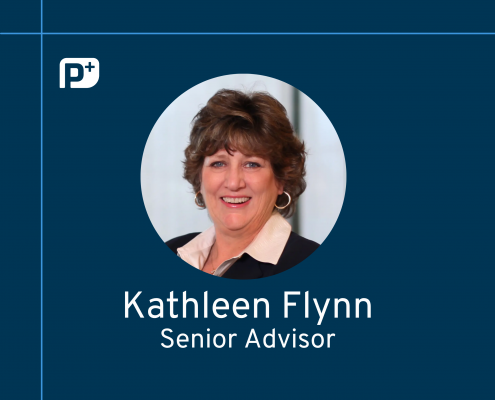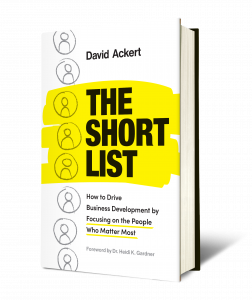Most sales people have a traditional sales funnel designed to churn through hundreds of thousands of leads. They start with their total addressable market (TAM), narrow their suspects down to prospects, and convert some percentage of those prospects to customers. Once the transaction is complete, they typically never speak to those customers again.
But service providers such as lawyers, consultants, and accountants rely on a much smaller network of internal and external referral sources to generate new business.
 Their closest professional relationships are often a result of proximity or happenstance (e.g., attending a conference and striking up a random conversation at the coffee station) rather than a conscious decision to meet a particular person who they know is a good fit given their professional goals.
Their closest professional relationships are often a result of proximity or happenstance (e.g., attending a conference and striking up a random conversation at the coffee station) rather than a conscious decision to meet a particular person who they know is a good fit given their professional goals.
Especially in sectors like professional services, what you’re selling is your relationship with the other person, in a way. For example, if you’re a lawyer, accountant, or consultant, the service you provide to your clients is first and foremost a relationship where you act as their trusted advisor. This is relationship selling, not the traditional sales funnel transaction.
In relationship selling, you become a human pipeline. Your sales funnel becomes much smaller and much more high-maintenance than businesses in other sectors.
To whittle your list down the most crucial people, you’ll need to qualify them to make sure you’re a good fit and can provide each other with value. When you put some care into selecting the people you interact with, and ensure the number isn’t overwhelmingly large, it becomes a lot easier to keep up with.
The Banana Principle
The Banana Principle illustrates this. In 2017, Weight Watchers launched a program to encourage healthier snacking in the workplace. They provided a bowl full of bananas and oranges in the break rooms at various companies across the country. Employees started noticing that by 10am, the bananas were always gone. Why? Bananas aren’t that much tastier than oranges. The difference is that bananas are easier to deal with. They’ve got a built-in wrapper, they’re easy to peel, they’ve got easy cleanup, and you don’t get juice all over your face and hands. Given several paths, humans will tend to choose the easiest. And when it comes to professional networking, if the two paths that lie before you are “Sift through my 3,000 Outlook contacts to try to generate some leads” or “Reach out to my top 30 people,” it’s instantly obvious which one you’d prefer to do.







